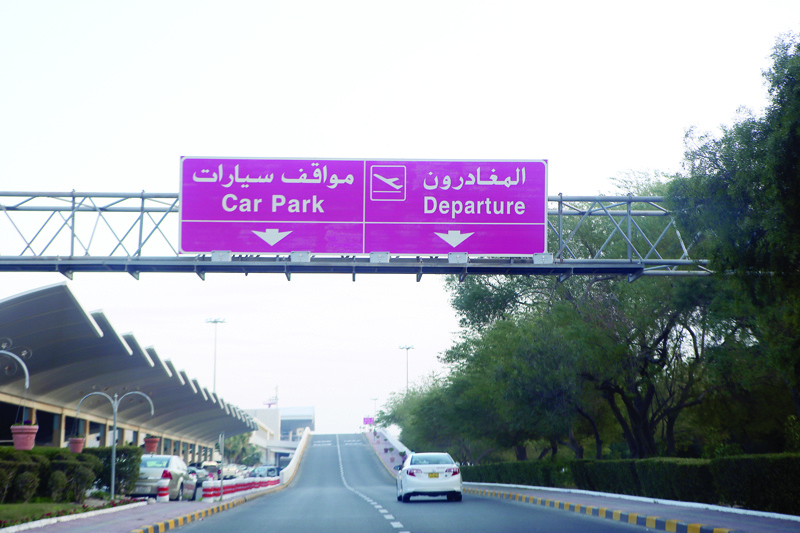
KUWAIT: The Ministry of Interior (MoI) has commenced a comprehensive process to study the issue of the expiry of residency visas of over 70,000 expats while they were abroad since the COVID-19 outbreak until the beginning of this week. Well-informed security sources told Al-Qabas daily that the study will be submitted to MoI leaders next week, including recommendations on who should be allowed back into the country using their previous residency visas.
"The total number of such expats was divided into categories in order to study each category in detail. Those who will be allowed back will enter with new visit visas to be later transferred to their previous residency visas," the sources explained. The sources said that the study recommends banning three categories of expats from returning to Kuwait - marginal laborers, expats over 60 years of age and those sponsored by fake companies who have no actual jobs.
"Age and criminal records will determine the return of domestic helpers," the sources added, noting that sponsors would be asked to replace domestic helpers aged over 60 with those younger. Domestic helpers indicted in crimes or felonies will not be allowed back. The study said financial dues of holders of expired residency visas who will not be allowed back into the country will be collected by the Public Authority for Manpower from the companies they worked for. Claims for these dues can be made online on the manpower authority website.
In addition, the study recommended obtaining arrival and departure lists of dependents to examine the length of their stay in Kuwait, as many of them only stay for a few days and leave, then return before the passage of six months abroad. "Those will not be allowed to get their residencies back," the sources underlined.
MP Safa Al-Hashem had submitted a proposal on Monday calling to stop issuing residency permits to expats who reach 60 years of age and to deport all expats undergoing treatment at psychiatric hospitals. In addition, the proposal calls on the government to issue a decision banning expats from working two jobs and those found to violate the decision should be deported immediately.
The lawmaker said that her proposal comes as part of efforts to amend the population structure and the large increase in the number of expats, which has increased the burden on the country's infrastructure. The proposal calls to set up a government committee that will be assigned to resolve problems associated with the imbalance in the population composition.
During a meeting with editors-in-chief of local newspapers on June 3, His Highness the Prime Minister Sheikh Sabah Al-Khaled Al-Hamad Al-Sabah said that Kuwait is facing a "big challenge" to address its demographic imbalance issue, saying that "the ideal population structure is to have Kuwaitis being 70 percent and non-Kuwaitis 30 percent" of the total population. Kuwait has a population of some 4.8 million people, of them 1.45 million Kuwaitis and around 3.34 million non-Kuwaitis, or 30 to 70 percent ratio.










